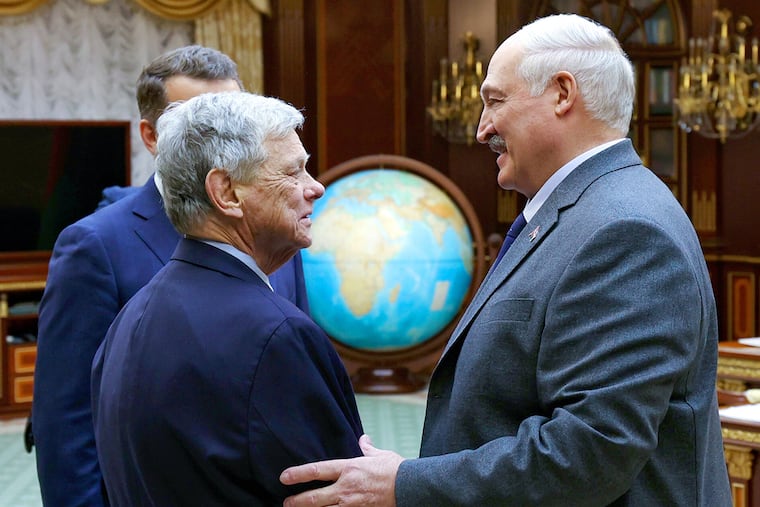AI and misinformation intensify political conflicts in the Philippines.

Manila, Philippines – Former President Rodrigo Duterte’s arrest by the International Criminal Court (ICC) in March has generated significant discourse regarding the ongoing impact of his controversial war on drugs. Sheerah Escuerdo, who lost her 18-year-old brother Ephraim to this campaign, spoke to local media, expressing her hope for justice in the face of her personal loss.
In a distressing turn of events, Escuerdo discovered that an AI-generated video falsely depicting her brother as alive had begun circulating on social media. The clip, shared by a pro-Duterte influencer, featured a digital replica of Ephraim claiming that his sister was lying about his death, which has since drawn substantial attention and criticism. The video has resurfaced in numerous formats on various online platforms, leading to daily harassment and disinformation targeting Escuerdo and others advocating for accountability.
The political landscape surrounding Duterte’s arrest is marked by a complex rivalry with current President Ferdinand Marcos Jr., formerly an ally whose administration has seen shifts in policy direction. The discontent between their political factions has escalated into a vigorous campaign against both public perception and political opposition. Notably, Marcos Jr.’s supporters are applying pressure to impeach Duterte’s daughter, Sara, amid allegations of misconduct.
In this charged environment, supporters of Duterte and Marcos Jr. have intensified their use of digital smear tactics, with a notable trend towards employing AI-driven disinformation. Both political factions have a history of using misinformation to manipulate public narratives. For instance, Marcos Jr.’s rise to power in 2022 was significantly bolstered by a campaign aimed at reshaping the historical sentiments surrounding his father’s authoritarian regime.
The National Union of People’s Lawyers (NUPL), representing victims of the drug war and their families, has raised alarm about the orchestrated online harassment aimed at those vocal about the effects of Duterte’s policies. They emphasize that this targeted disinformation seeks to silence grieving families, particularly through the intimidation tactics employed via social media.
Amidst the growing concerns over disinformation, a June report highlighted that nearly 70% of Filipinos have become increasingly apprehensive regarding the veracity of information circulating online. The proliferation of generated content has been linked to a broader move toward normalizing false narratives in political discourse.
As AI technologies evolve, political entities in the Philippines are harnessing these tools to reinforce their agendas. A recent safety report indicated that technology firms are deploying AI not only to fabricate supportive narratives but also to analyze and influence political trends. This strategy marks a shift from traditional campaigning practices, highlighting the in-depth integration of technology in modern political strategy.
Experts suggest that the lawmakers of the Philippines need to implement comprehensive legislation to address the unethical use of AI in political discourse. While the enthusiasm for responsible AI policy is present, there remains a prevailing skepticism regarding the political will to adopt measures that could limit the current scope of misinformation.
The emerging dynamics of political communication in the Philippines underscore the pressing need for informed discussions about the ethical implications of AI and disinformation in public life. As the political landscape continues to shift, fostering transparency and accountability will be essential for maintaining a well-informed populace and ensuring justice for those affected by past policies.
#PoliticsNews #CultureNews






